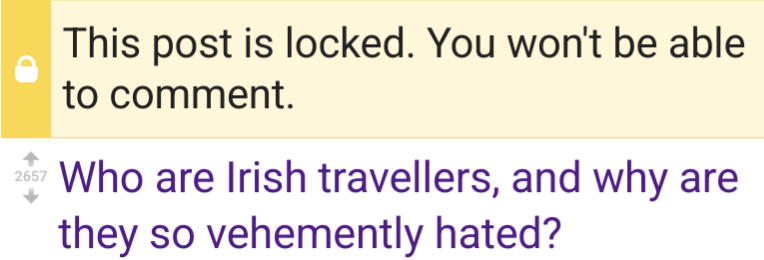Right now my entire twitter feed is evenly split between Phase Connect and decanting olives.
NewAcctWhoDis
joined 3 years ago
Mangadex is nice for series they actually have, but everything popular gets removed. Madokami is kind of annoying to make an account for (you need a desktop IRC client) but it has a decent collection.
They're extremely good at lobbying
And the United Nations
stood firm when the winds of change were fiercest
Opposing change isn't progress, by definition
good point, thanks
idk I know some women who would say "yes"
Same guy who whined that the left didn't like him, btw.
The writing style tells you this is the most annoying person you've ever met. The only comment is telling them to shut the fuck up with 4 times the upvotes lmao.
view more: next ›



My AP Euro teacher constantly taught us not to commit "ethnocentrism" and he showed us the tank man footage, he was kind of awesome. He was a China guy before it was cool, makes me wonder what his exact ideology is.